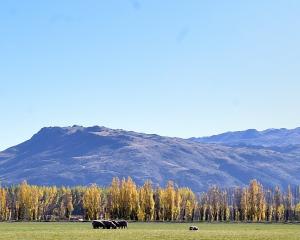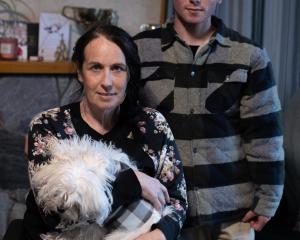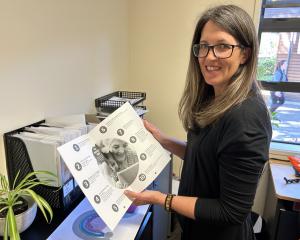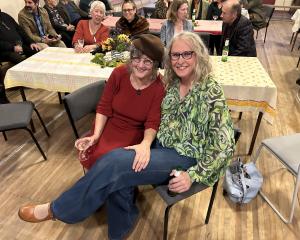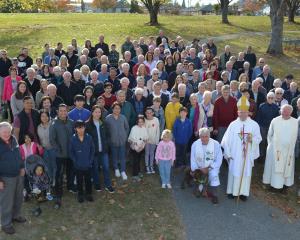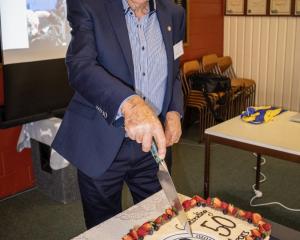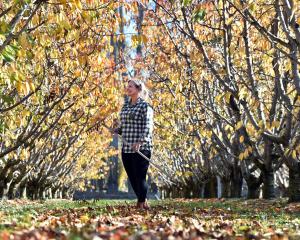Mrs Bailey is undertaking PhD research on the social effects of New Zealand's Recognised Seasonal Employers Scheme (RES), which involves workers from Ambrym, an island in Vanuatu, who work in Central Otago.
She was commenting in a talk given as part of an annual "Pacific Voices" postgraduate symposium held by the university at the Otago Museum recently.
Under the RES scheme, up to 8000 workers from several Pacific nations, including Vanuatu , undertake seasonal employment in New Zealand, working in the horticulture and viticulture industries.
Since the scheme was introduced in 2007, money remitted from ni-Vanuatu (Vanuatu-based) workers had been used in many beneficial ways, she said.
The funding had enabled more young people to study at the University of the South Pacific campus in Vanuatu, and had had also been used to develop key infrastructure on Ambrym, including improved water supply.
Other positive effects included the development of small businesses on the island, such as shops, and some initiatives involving the tourist industry, she said.
And the ni-Vanuatu were also contributing positively in Otago and elsewhere in New Zealand, both economically, and by sharing their culture.
Workers from Ambrym who had been busking at the Cromwell Farmers' Market had become a popular part of the market, she said.
Asked about concerns voiced some years ago about substandard accommodation being offered by some New Zealand employers, Mrs Bailey, who is undertaking her research through the Otago anthropology and archaeology department, said there was generally a need for continuing vigilance.
She had not heard any complaints about accommodation in Central Otago but was aware of some previous concerns about aspects of some of the supplied accommodation in the North Island.
Otago University vice-chancellor Prof Harlene Hayne opened the symposium and challenged Pacific research students to use their research skills and voices to "create change locally, nationally and internationally".
She also asked them to inspire other young scholars on their path to excellence.

